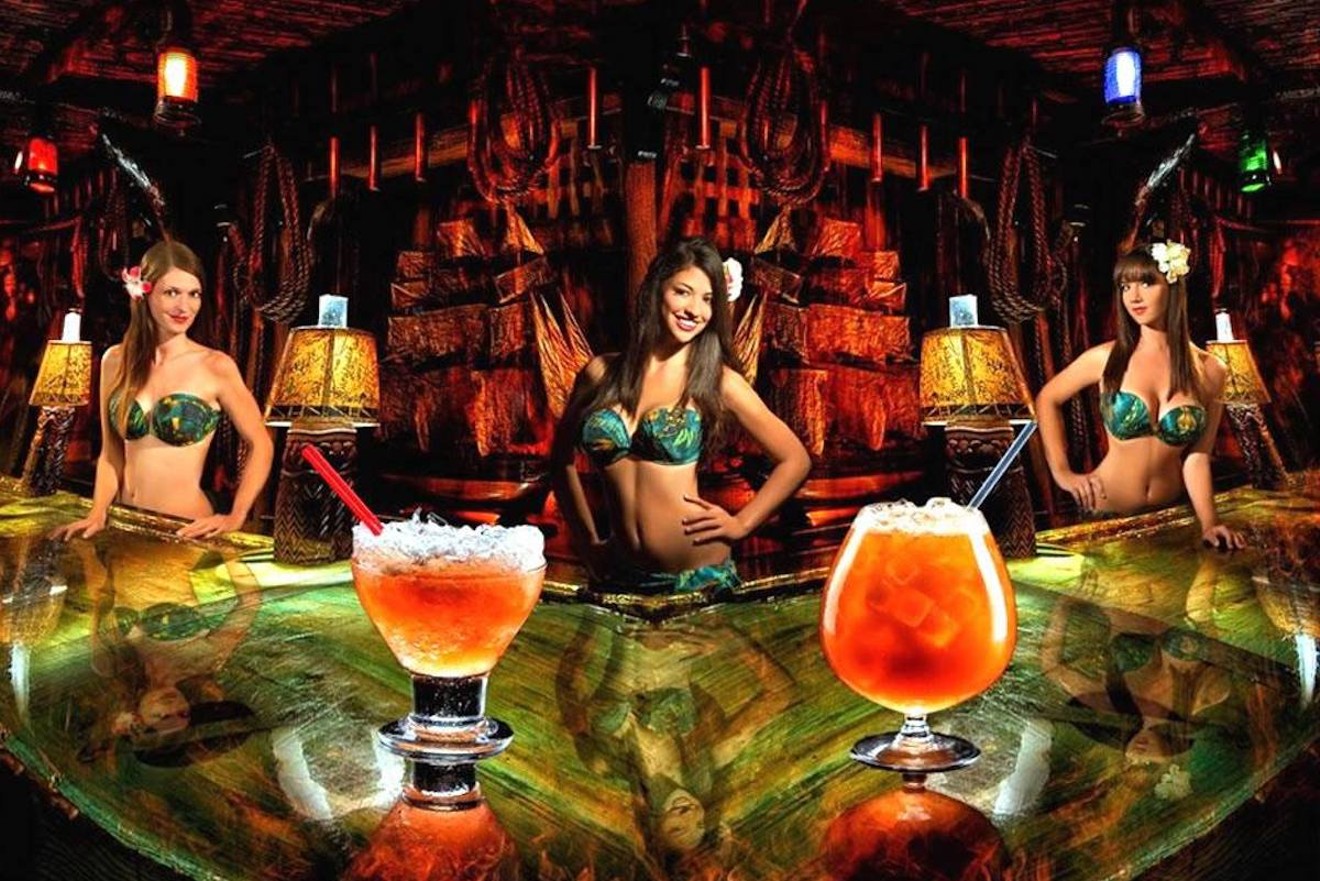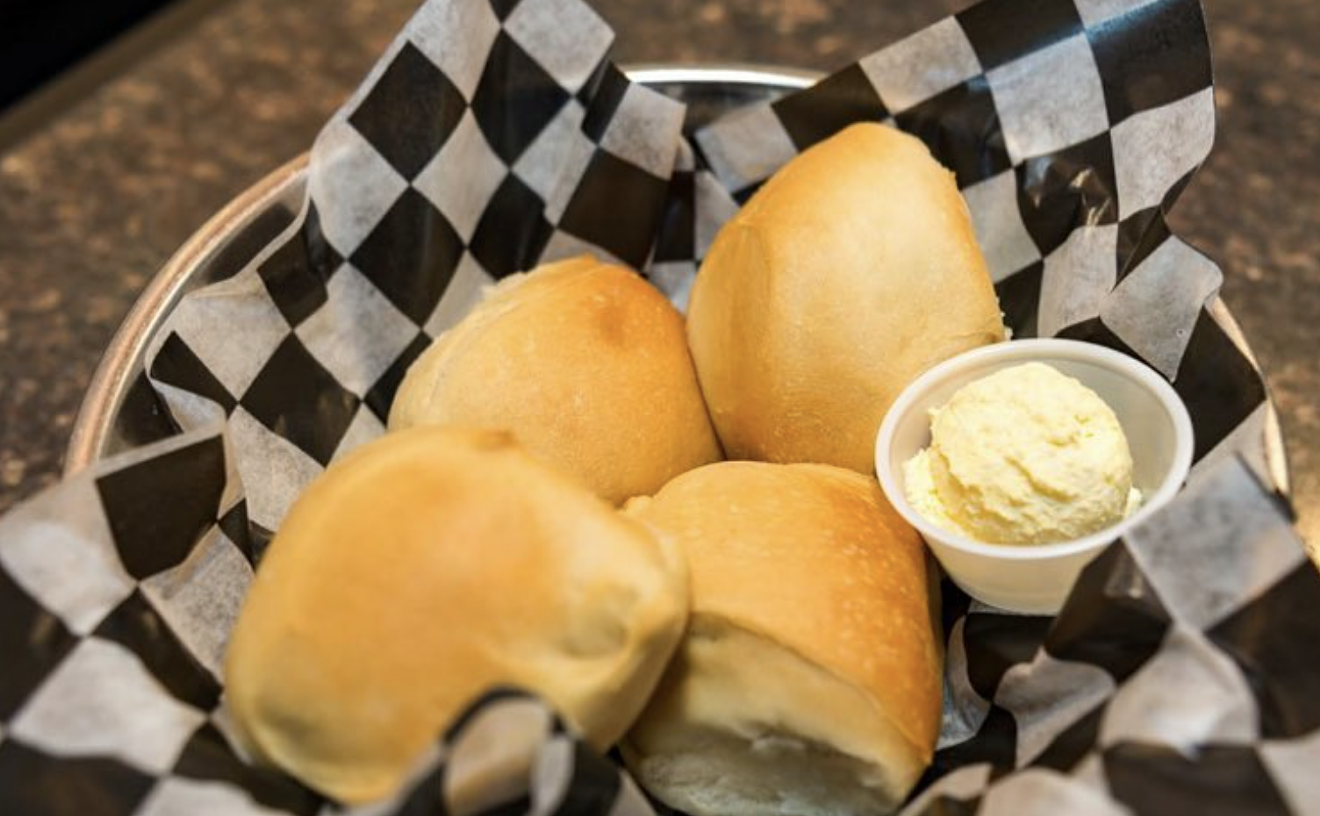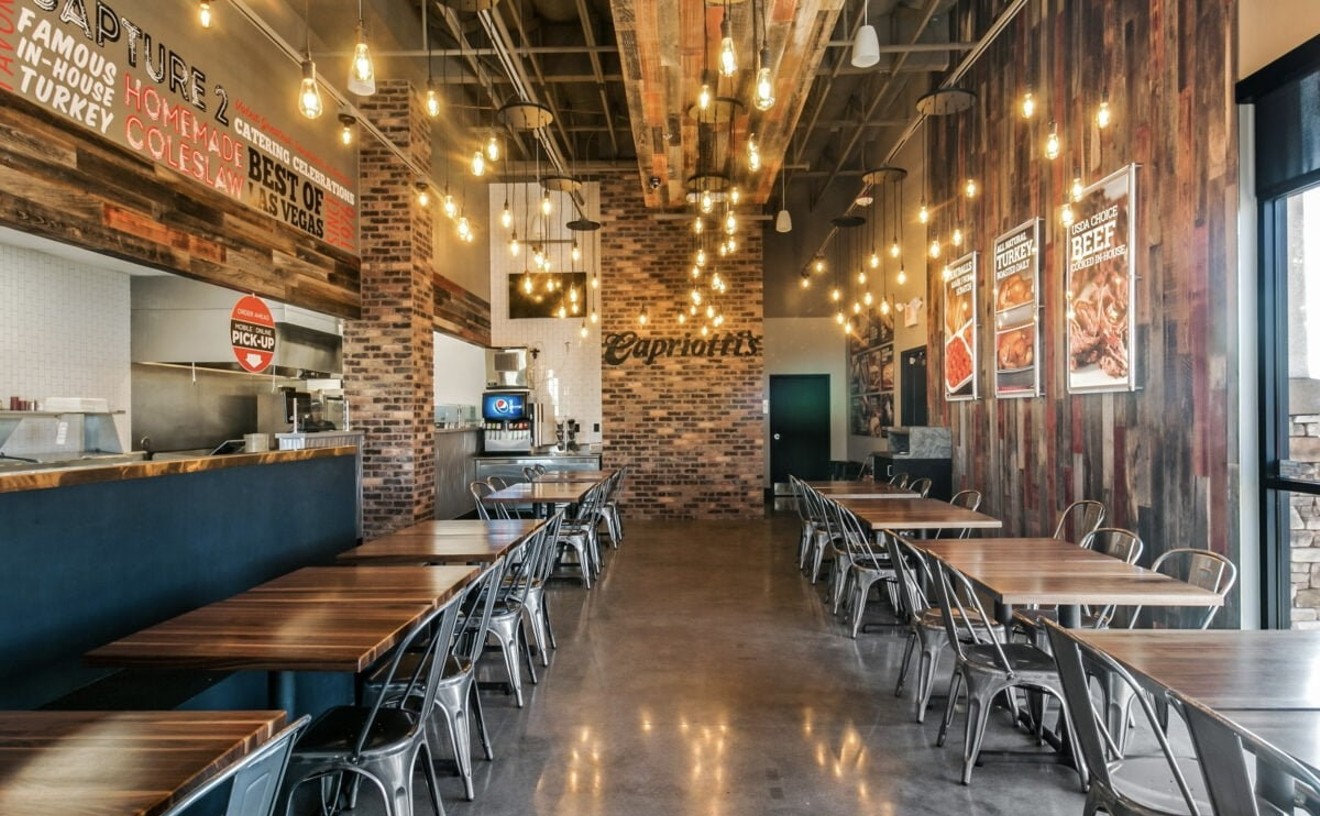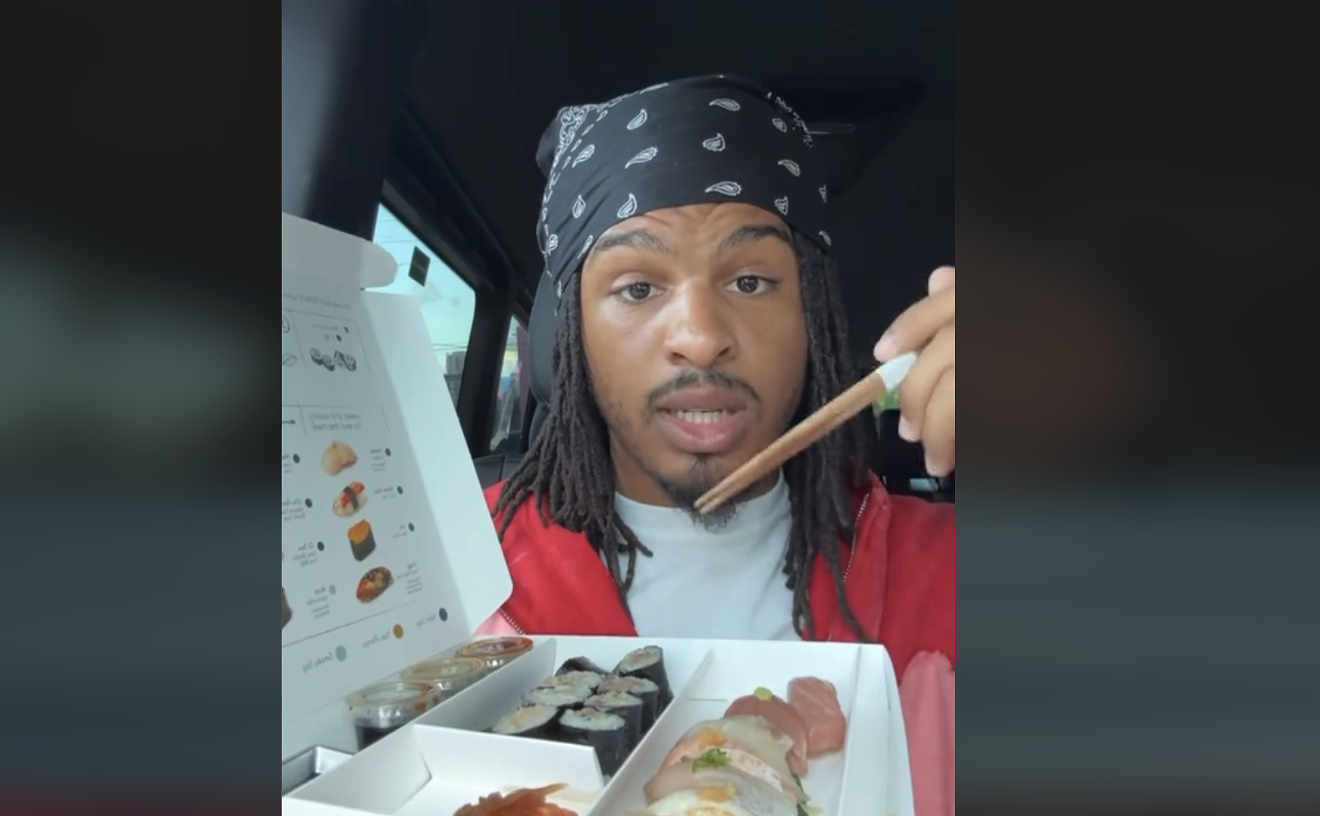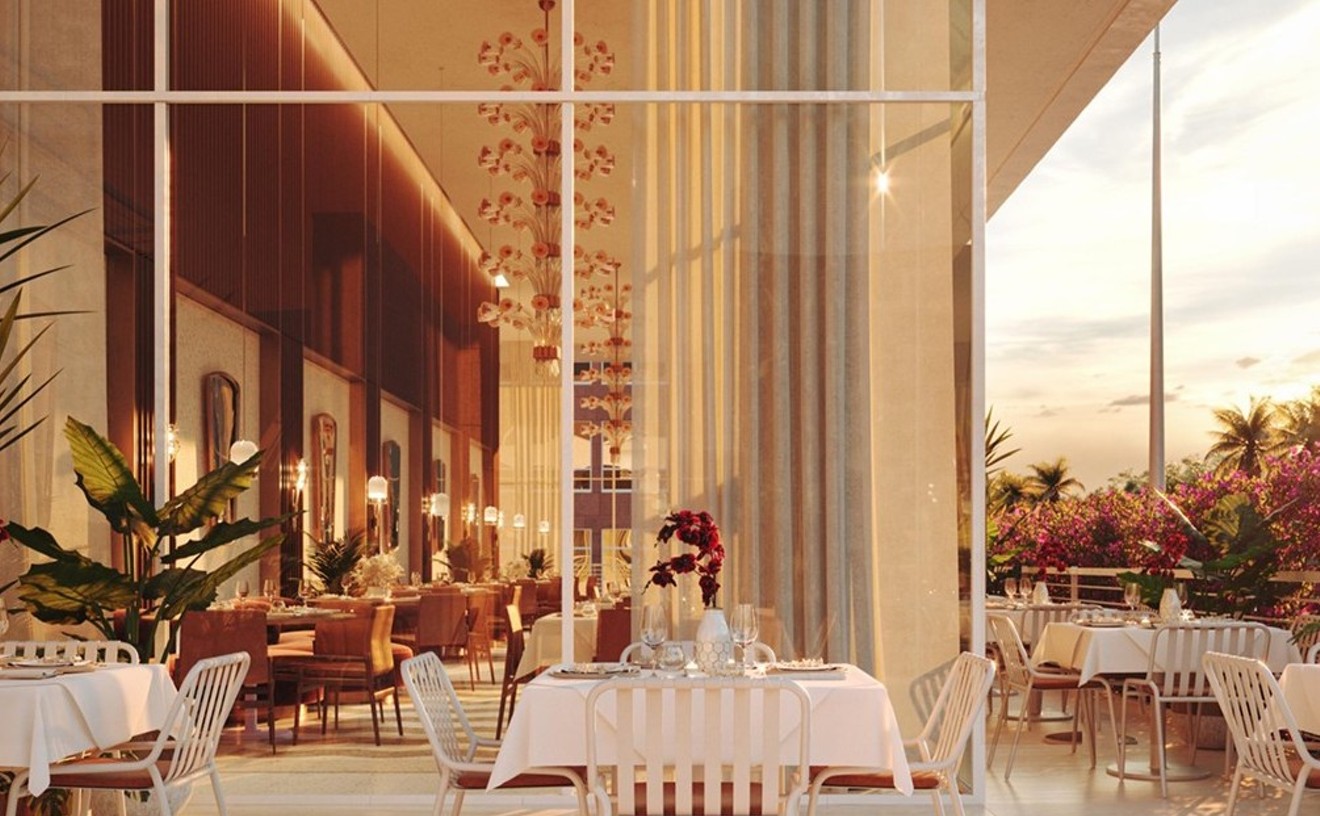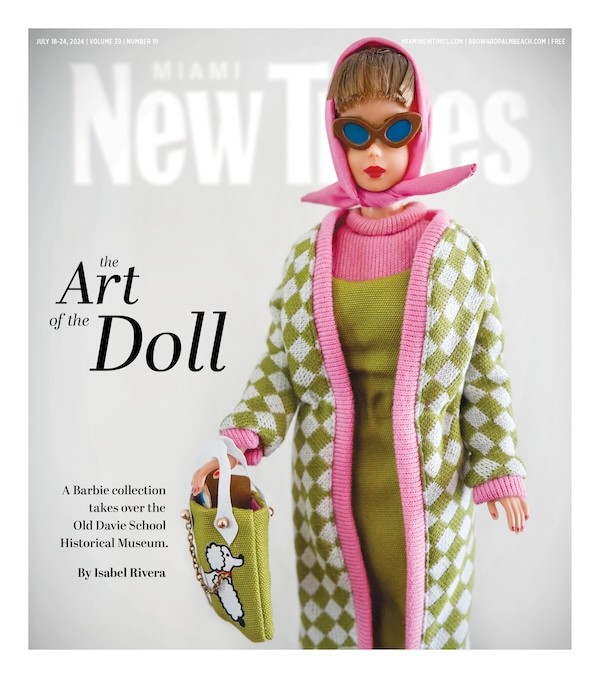During the 1950s, the parcel of land at 3599 North Federal Highway — a sleepy, two-lane stretch of U.S. 1 — seemed an odd location for a lavish tropical retreat. The duo saw promise, however, hoping to create an East Coast interpretation of the popular Polynesian restaurants from Don the Beachcomber in bustling cities like Los Angeles and Chicago.
When the Mai-Kai opened its doors on December 28, 1956, the A-frame building was considered the most expensive restaurant in the country, costing $350,000 to build. The venue was unlike anything else — a massive tiki-like establishment offering a heady combination of beautiful women, strong drinks, and tropical kitsch. During its early years, the Mai-Kai attracted celebrities and socialites for its unique supper club experience. Guests flocked to feast their eyes on Polynesian dancers and fill their bellies with innovative Asian-themed fare and rum-fueled libations.
Current Mai-Kai managing partner Bill Fuller likens the Thornton brothers to Disney's early Imagineers — perhaps among the nation's original hospitality innovators — able to envision a wholly immersive experience far beyond its time.
For decades, the Mai-Kai remained an immersive — if not totally transportive — experience, a rare glimpse into the grandeur of the country's only remaining mid-century Polynesian supper club.
The Thornton family — including Bob's wife Mireille and daughter Kulani — alongside generations of extended family and longtime employees, carried the founding partners' vision and legacy forward, even earning a place on the National Register of Historic Places.
"My father fell in love with the Polynesian people and a Polynesian woman, which only fueled his desire to replicate an authentic experience at the Mai-Kai," Kulani Thornton Gelardi tells New Times. "He spared no expense, immersing himself in it, going to great lengths and extreme detail to make sure the experience was a true representation of Polynesian culture."
Those decades of hard work and care came — literally — crashing down when in October 2020, torrential rain and a malfunctioning sprinkler system resulted in a complete roof collapse over the venue's kitchen, marking the establishment's first extended closure since its opening day.
After a year of struggle and uncertainty, when the scope and cost of the restoration became too much to shoulder, the Thorntons put the building up for sale, much to the shock of longtime fans.
"We never wanted to sell the Mai-Kai," says Geraldi. "It's been 60 years, and our hearts almost broke at the thought of losing any piece of this place. Instead, we wanted to do what my father would have done — find a way to bring it into the future so that it could be around for another 60 years."
There was a global sigh of relief from Mai-Kai fans everywhere when the family announced the restaurant would reopen — under a new ownership team alongside them — one committed to investing millions of dollars into extensive refurbishment and renovations.
Bill Fuller, cofounder of Miami's Barlington Group, Mad Room Hospitality, and managing partner in the Mai-Kai, came to the historic establishment's rescue.
Nearly 18 months since embarking on the joint venture, Fuller says he is in complete awe of the legend surrounding the historic establishment. Over the past year of sifting through the property's rich legacy, he's continued to unearth the brothers' unexecuted plans, renderings, and ideas that could be considered innovative even today.
Fuller wonders: Could Bob and Jack have known the Mai-Kai would endure for decades to come?
Moving forward, Fuller says he shares a common goal with the remaining Thornton family members: renew the founding brothers' original vision and propel the property into the future via a creative plan that serves to replace aging infrastructure while keeping the familiar interior elements in place.
It's a massive undertaking that requires replacing the aging roof, electrical, and air conditioning systems; redesigning the parking lot; reimagining the entrance with a torch-lit drawbridge and outdoor bar; and adding a new kitchen and event space.
"But what everyone remembers about the Mai-Kai is still here, and the new elements only serve to heighten that nostalgia," promises Fuller, who shares that 95 percent of the renovations have been made to the building's exterior. "This establishment has endured for over 60 years. Our goal is to see generations to come enjoy the space for another 60 years."
Now, more than two years since the Mai-Kai closed and with dozens of plans approvals behind them, an end is in sight. On January 26, the Oakland Park's Development Review Committee gave the Mai-Kai's site plans the green light, allowing the $8.5 million revamp of the 2.7-acre property to move forward.
Fuller says the goal is to reopen in June*, a launch timed to coincide with the return of the Hukilau, the annual event that draws thousands to Fort Lauderdale for a four-day, Tiki-themed celebration. The Mai-Kai is the original home for many of the symposiums, tastings, and events. [*Editor's note: Fuller has since recalibrated that goal; see note at the end of this story.]
When the doors open, guests will return to the Mai-Kai's sprawling, 26,000-square-foot space where little has changed. The eight themed rooms — from the nautical-themed bar to the dining areas named for South Seas islands — remain relatively untouched, assures Gelardi, aside from a few refurbishments.
An important part of the partnership was to keep the menu the same while also working with the chefs to introduce new dishes with a more contemporary feel, says Geraldi.
"My father was almost ahead of the time, offering things like ceviche and lettuce wraps that people didn't understand 30 to 40 years ago but are now staples you'll find on almost any menu," says Geraldi.
Since the mid-1950s, this Polynesian paradise has been serving the complete "dinner and a show" experience, starting with its fusion menu of Cantonese-American dishes. While the menu has changed several times over the years, longtime classics — the pupu platter, barbecue ribs, Peking duck, and Shanghai chicken — will make a triumphant return.
Tiki lovers will be happy to hear that the most mystical element of the Mai-Kai, the Molokai Bar, will return untouched, serving the same tropical libations that span decades, recipes untouched since their original inspiration from Don the Beachcomber.
To this day, only a handful of people — Gelardi's cousin, mother, sister, and the daughter of one of the Mai-Kai's first bartenders — have intimate knowledge of the venue's longtime, well-guarded cocktail recipes.
Even now, they're the only ones entrusted to prepare the syrups and juices that give character and color to each unique libation served in ceramic mugs, giant goblets, or decorative glassware. Made from scratch, they're batched and bottled gallons at a time and labeled by numbers rather than names.

Before it closed, the Mai-Kai's Polynesian revue was the longest-running show of its kind in the country.
Mai-Kai photo
While the drink menu remains untouched, a few modern twists with specialty or seasonal libations will be added highlights, says Fuller. Some will be served in custom glassware from Tiki Farm, one of the world's top designers of ceramic Tiki mugs, to add to the Mai-Kai's current collection.
To further honor the legendary cocktails of the Mai-Kai, Fuller also began the painstaking process of sourcing an old-world style of rum that could capture the flavor profile of the venue's original base spirit.
According to Geraldi, her father and his early team of mixologists understood their tropical cocktails needed the right type of rum. "It's a flavor that is much different than what most people think it's supposed to be. It's not a sipping rum or a sweet rum. It's more wild and funky, meant to offset the bold flavors of the syrups and juices."
To do so, the team collaborated with master distiller Don Benn, sourcing rums from the West Indies Rum Distillery in Barbados, and the Long Pond Distillery in Jamaica, to create a proprietary blend that is perfect for crafting the Mai-Kai's tropical drinks, explains Fuller, a throwback to the style of rums made in the 1940s and '50s, but aged and refined.
But it's Mireille — who's led the family ownership team since her husband's death in 1989 and is known lovingly as the matriarch of the Mai-Kai — who offers the best-kept secret of the Mai-Kai's return.
At 85, she'll continue her artistic legacy as a key steward in preserving the family's legacy and the Mai-Kai traditions by choreographing and directing the live dances for the establishment's Polynesian Islander revue.
It's a title she's held since the 1960s when she was a dancer, a legacy that earned the Mai-Kai its title as the longest-running Polynesian dance show in the continental United States before its closure.
"When we had our first meeting with Bill, and I learned I could continue to direct and choreograph the show, let me tell you, it was hard not to cry," Mireille tells New Times. "Over the past few months, it's been fun to look backward at all the numbers we've done to put together a new show."
For its grand relaunch, the show will offer "golden nuggets" of years past — snippets from previous shows Mireille reviewed from the 80s and the 90s, brought together as highlights to share the story of traveling through the islands of the South Pacific. As always, the 45-minute performance will accompany two reservation-only dinner seatings each night, with the meal timed to finish with the show's grand finale.
Now, alongside Gelardi, the mother-daughter duo stands as the last remaining bridge that connects Mai-Kai's past and present. They say that carrying the torch into its newest iteration is an honor.
"The name 'Mai-Kai' means "the best," and that's exactly what we've always aimed to deliver," sums up Gelardi. "It's what my father, and we, have always endeavored to be. It's our family's job to carry out his vision while adding to it. The work we're doing now is what my dad would have wanted, something he did many times himself to bring the Mai-Kai where it is today."
Editor's note 2/21/2023: Following the publication of this story, Mai-Kai managing partner Bill Fuller revised his outlook on the restaurant's probable reopening date. "We are working to make our dream of reopening an enhanced Mai-Kai restaurant into a reality," Fuller tells New Times. "While we originally planned for a summer opening, we are now aiming for a fall opening."

